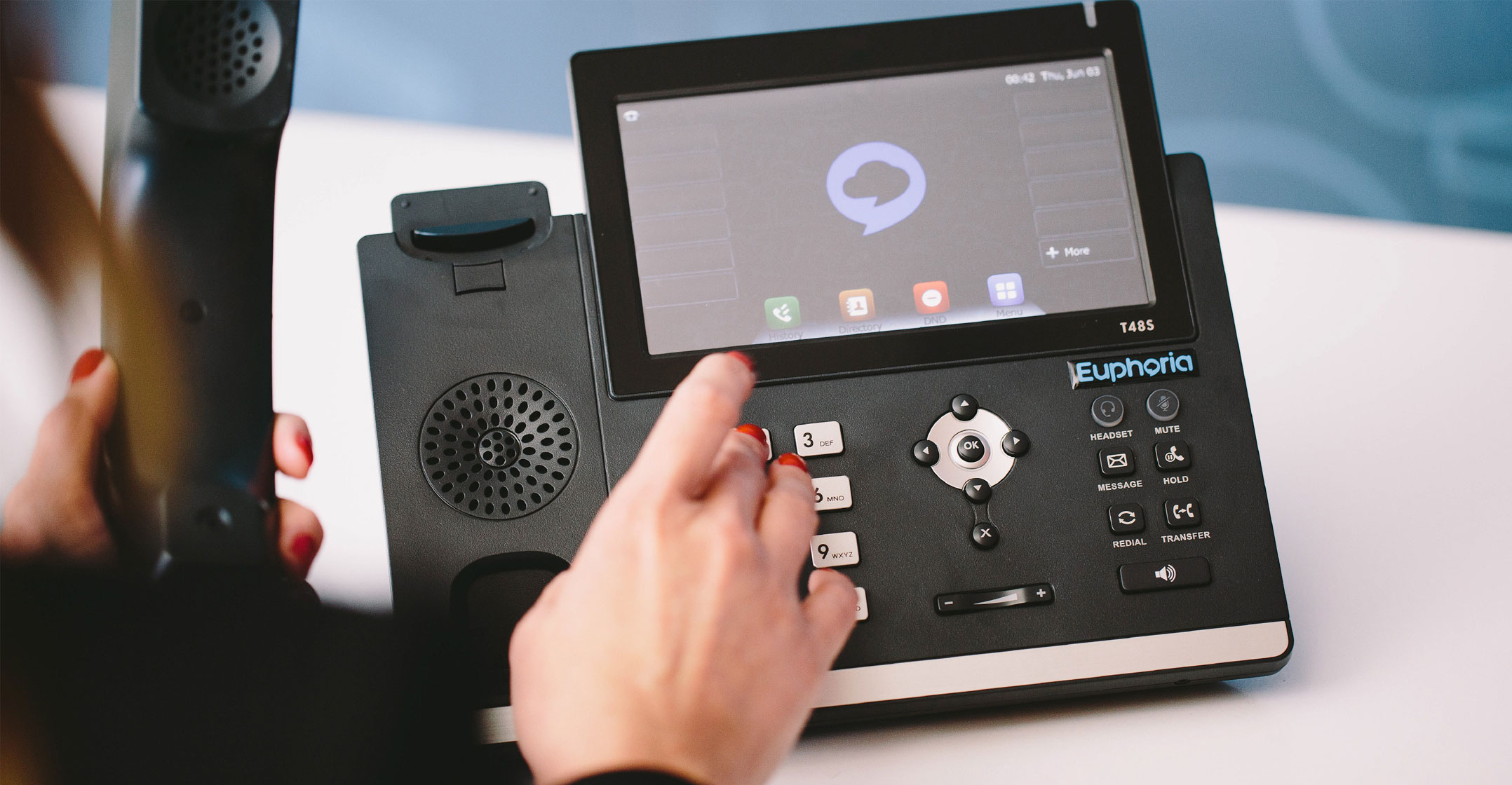 Voice calls are, in technology terms, ancient. The first one was made so long ago most post-2000 kids wouldn’t be able to tell you when that was, or who placed that call or why we talk about placing calls, for that matter. And why should they? It’s become an integral part of our lives and, much like electricity or water, it is taken for granted (until it’s not there).
Voice calls are, in technology terms, ancient. The first one was made so long ago most post-2000 kids wouldn’t be able to tell you when that was, or who placed that call or why we talk about placing calls, for that matter. And why should they? It’s become an integral part of our lives and, much like electricity or water, it is taken for granted (until it’s not there).
Digital transformation and the drive to customer self-service have been pushing voice into the background of the corporate communications toolset. This has been prompted by millennials who have an aversion to speaking to people, the need for businesses to reduce the cost to communicate with their customers, and the compliance, productivity and efficiency benefits digital channels provide (hello, audit trails).
And then Covid-19 arrived. The global pandemic has accelerated digital transformation efforts as businesses look to provide excellent customer service to people who can’t or really do not want to engage with another human face to face. It has simultaneously caused an increase in voice traffic as people substitute voice and video calling for the face-to-face interactions that they are missing. One in three businesses, Statista tells us, started using IVR and live chat channels for the first time since the pandemic hit.
What does this mean? Businesses need to prepare for voice to (still/again) be a primary communication channel and make sure their call centres in particular are geared to handle voice traffic securely and compliantly. They also need to ensure agents are trained to deal with stressed, unhappy humans who may just be reaching out to hear another voice on the line.
The more tightly businesses can integrate their business telephone solutions with their line-of-business applications, the better and easier this experience will become, for customers and employees (and not just call centre teams).
Long considered to be a grudge purchase that delivers little real value, businesses need to start asking their telephony solution providers what their solutions can do for them. Can their telephony solution not only save them money, but make them money? Can it drive sales, save costs, improve the customer experience and improve the employee experience? If your provider can’t answer any of the above, it’s time to look for a new provider who can.
Be prepared
It should go without saying — but often doesn’t — that your business telephony solution should enable your teams to work at home, or at the office, or on the road (through a mobile app) or a mixture of all of these as seamlessly as if they were always at their desks.
This not only saves costs (all your calls are billed as if they come from an internal PBX extension) but delivers both business flexibility and employee welfare benefits. At a time when uncertainty prevails, anything your technology solutions can do to make people’s work and home lives easier needs to be encouraged and embraced.
Covid has turned a lot of our lives upside down; the fallout is going to happen slowly, over years. Savvy businesses will ensure their people and their technology infrastructures are prepared for that.
About Euphoria Telecom
Euphoria Telecom is a leading provider of an innovative, cloud-based, cost effective business telephone service that offers unprecedented control and automated operational efficiency. The solution offers any business a truly simple approach to managing communications across an increasingly decentralised and mobile workforce. Seamless integration and automation make it simple for businesses to access insights, reports and efficacy of communications.
The company has earned a reputation as a customer-centric business, decreasing customer telephony costs by up to 50% and maintaining excellent customer service. Established in 2010, the company now proudly hosts over 4 000 business customers in South Africa and continues to grow rapidly. The company was founded by George Golding, Conrad de Wet and Rafal Janik, and is managed by John Woollam and Nic Laschinger.
- The author, Nic Laschinger, is chief technology officer at Euphoria Telecom
- This promoted content was paid for by the party concerned




